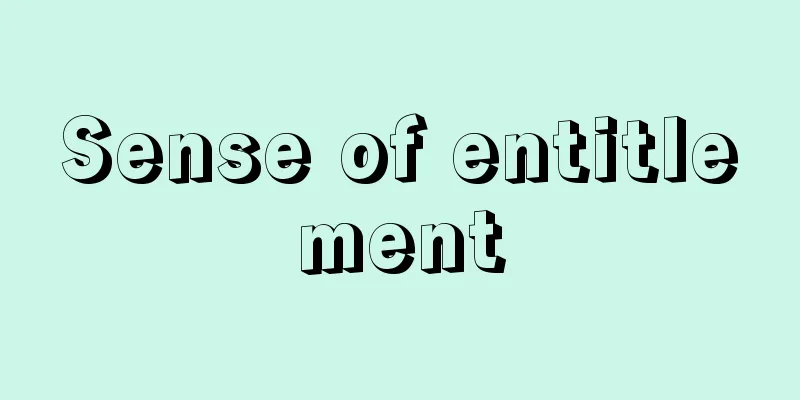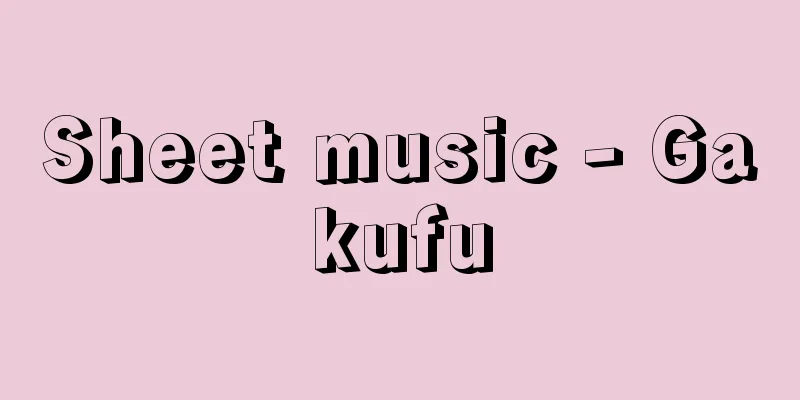Sense of entitlement

|
This term is used in a variety of ways. (1) In its narrowest sense, it refers to the conscious awareness of what rights social norms (especially positive law norms) give one in a specific situation. It also refers more generally to an interest in what one is entitled to, or a positive attitude that is willing to "fight for rights" (Jähring) if necessary to realize one's rights. (2) Rights consciousness is further used to refer to the following way of thinking about the social order itself: Source: Heibonsha World Encyclopedia, 2nd Edition Information |
|
このことばは,多義的に用いられる。(1)最狭義では,ある具体的な状況において自分に社会規範(特に実定法規範)がいかなる権利を与えているかについての自覚的な認識を指す。また,より一般的に,自分に何が権利として与えられているかに対する関心,または自分の権利の実現のために必要な場合には〈権利のための闘争〉(イェーリング)をも辞さないという積極的な態度をも指す。(2)権利意識はさらに,社会秩序自体に関する次のような考え方を指すために用いられる。
出典 株式会社平凡社世界大百科事典 第2版について 情報 |
<<: Principle Movement - Genri Undo
Recommend
Funabashi [city] - Funabashi
A city in northwestern Chiba Prefecture. It was in...
Superintendent - Superintendent
...In the case of Jiangnan, where rice cultivatio...
Sozo (English spelling) Laurencia
A red alga in the family Rhodophyceae of the order...
Ionian Sea - Ionian Sea (English spelling) Iónion Pelagos
The central Mediterranean Sea. It borders the sou...
Toyokawa Irrigation Canal
This is a multi-purpose canal that irrigates the ...
Trachurus symmetricus
…[Hiroshi Fukuda]. … *Some of the terminology tha...
National Liberation War
A war is a war waged by oppressed peoples in colon...
Pressure tube reactor - Atsuryokukangatagenshiro
A nuclear reactor in which fuel assemblies are pla...
AIDS
Acquired immunodeficiency syndrome : A disease cau...
Normative theory - kihansetsu
...Therefore, in civil procedural law, there is f...
Soto - Outside
A religious event seen among the Mahan people who ...
《Stones of All Kinds》 - Ishisamaza
…After that, he devoted himself to educational re...
Bluntschli - Bluntschli (English spelling) Johann Kasper Bluntschli
A leading German legal scholar of the 19th centur...
Blue-flavored - Blue-flavored
...Generally, it is the opposite of assimilation....
Permanent Neutrality
〘 noun 〙 = Eiseichūritsu (permanent neutrality) [M...









